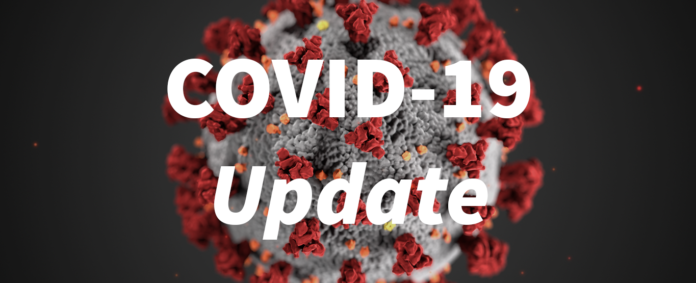A new study, believed to be the largest of its type, suggests that people with even just a mild case of Covid-19 may have accelerated aging of the brain as well as other changes to it.
The study which was published on Monday in the journal Nature found that brains of people who had Covid-19 suffered a greater loss of gray matter than those who didn’t have Covid-19. There were also more abnormalities in the brain tissue.
Gwenaëlle Douaud, an associate professor of neurosciences at the University of Oxford, explained in her report the semantics of the evaluation:
Brain imaging from 401 people who had Covid-19 between March 2020 and April 2021 was evaluated. This was done both before infection and an average of 4½ months after infection. The results were then compared with brain imaging of 384 uninfected people similar in age, socioeconomics who all had risk factors such as blood pressure and obesity.
Of the 401 infected people, 15 had been hospitalized as a result of the viurs. In the study evaluation, the people who had been infected with the coronavirus lost 0.2% to 2% of tissue compared with those who hadn’t been infected. Normally, people lose 0.2% to 0.3% of gray matter every year in the memory-related areas of the brain as a result of aging.
“Since the abnormal changes we see in the infected participants’ brains might be partly related to their loss of smell, it is possible that recovering it might lead to these brain abnormalities becoming less marked over time. Similarly, it is likely that the harmful effects of the virus (whether direct, or indirect via inflammatory or immune reactions) decrease over time after infection. The best way to find out would be to scan these participants again in one- or two-years’ time,” she said.
Meanwhile, other experts say that while the findings were noticeable, they weren’t enough to cause alarm.
“What this study almost certainly shows is the impact, in terms of neural changes,” said Dr. Richard Isaacson, a neurologist and director of the Florida Atlantic University Center for Brain Health. “But I don’t think it helps us understand the mechanisms underpinning cognitive change after Covid infection.”
